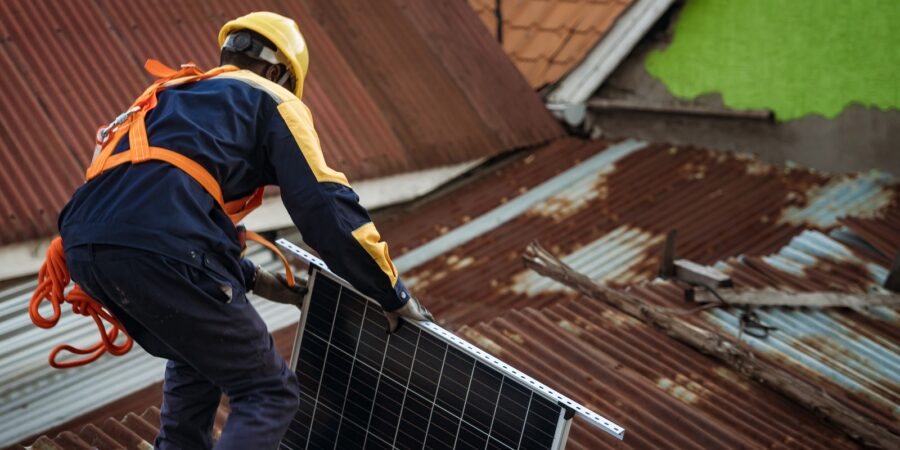In the last ten years PayGo – the method of distribution and financing of off-grid solar home systems (SHS) – has revolutionized the effort to bring clean, renewable energy to people in Africa without access to electricity. It is estimated that 490 million people are accessing energy through off-grid solar solutions worldwide. In Africa, nearly 50% of these people would not have been able to afford solar home systems without the financing provided by PayGo. This is nothing short of remarkable.
While the achievements of the PayGo sector are a cause for celebration, the companies that employ this business model have struggled. Several notable companies have failed outright. Others have slowly wound down or continue to struggle. Most – although not all – of the remaining companies have not achieved profitability after five or more years of operations. Today, those of us working in the PayGo sector are trying to understand why PayGo companies have generally not achieved profitability and what can be done about it.
This paper presents our analysis of one of the critical weaknesses in the PayGo industry and provides a prescription for the next stage of the industry’s evolution. Our analysis centres around a central feature of PayGo companies: each PayGo company is essentially two businesses. One is a solar products retail distribution company. The other is a consumer finance company, or “Finco”.
Summary of conclusions
We believe that the cost of capital borne by PayGo companies is squeezing their profit margins and, in most cases, preventing those companies from achieving profitability. The blended cost of borrowing for a typical PayGo company is often as high as 18% or more after including costs for currency hedges. The typical cost of borrowing for an efficient finance company is substantially below this. This high cost of borrowing contributes to the low/lack of profitability of many PayGo companies. Without profits, a PayGo company cannot attract equity capital. This stifles its growth and, thus, financial and impact prospects. To remedy this, we believe that stakeholders in the PayGo sector should pool resources to create a public/private solar receivables finance company.
The Solar Receivables Finco (SRF) would purchase receivables of any qualifying PayGo company in any currency. The SRF would be funded by a combination of concessionary and private capital and operated at a scale that would allow it to solve many of the challenges individual PayGo companies face in financing their receivables. Not the least of these is lowering the cost of capital to finance a balance sheet of receivables, a saving that can be passed on to PayGo companies.
Publication by Chris Aidun, Eva Stolz, and Léa Bouguern of Persistent. Read the rest of it here.






